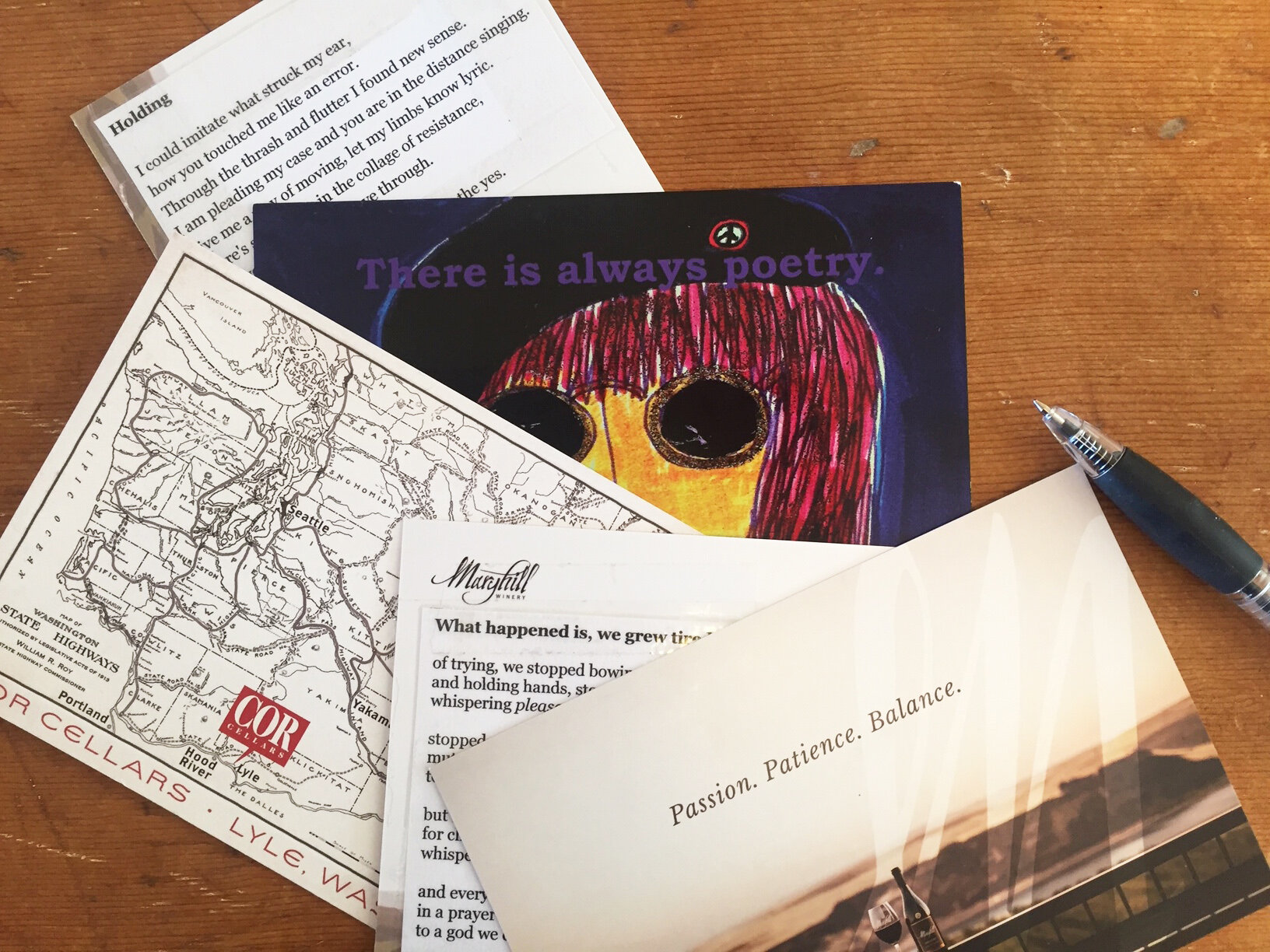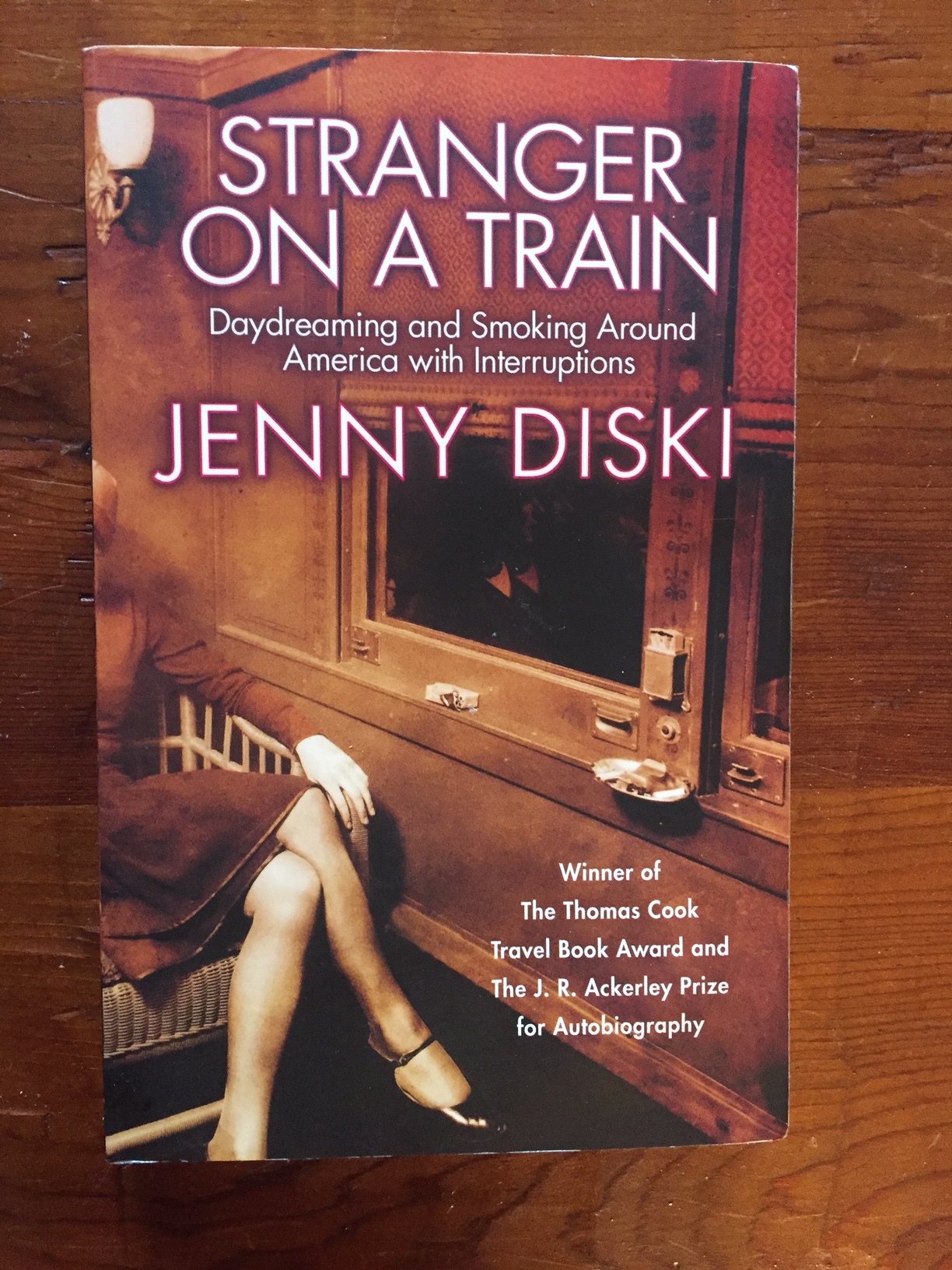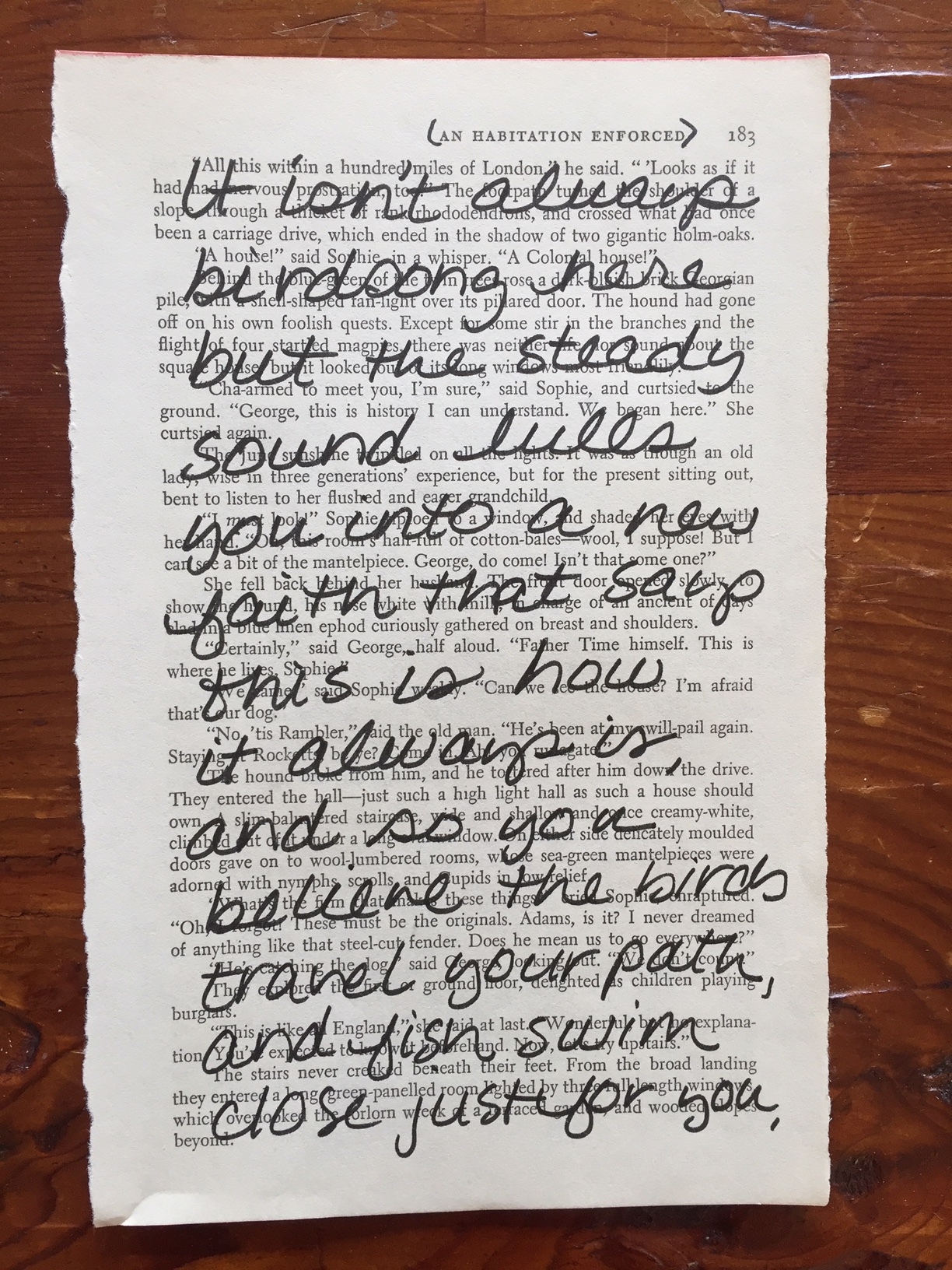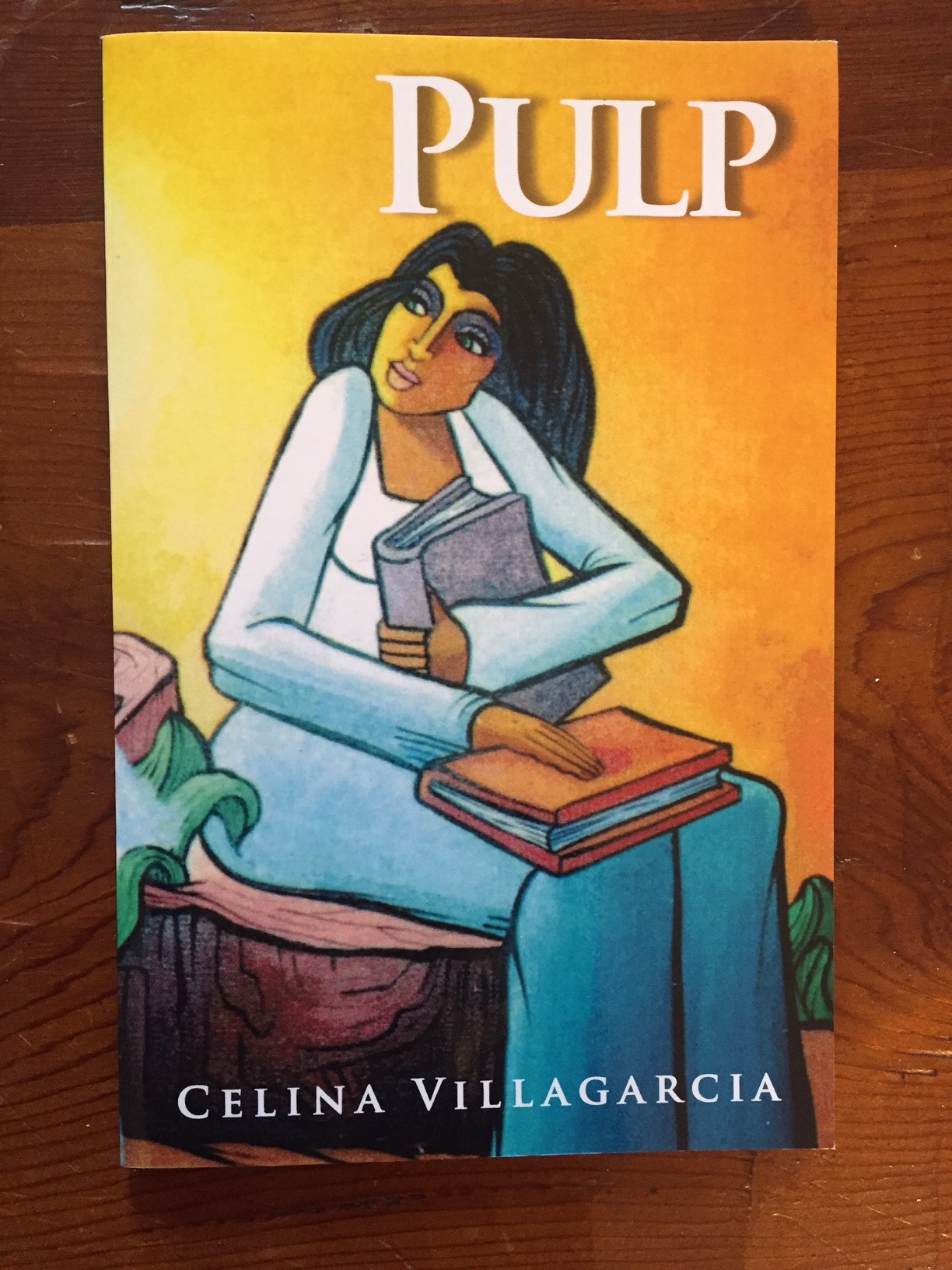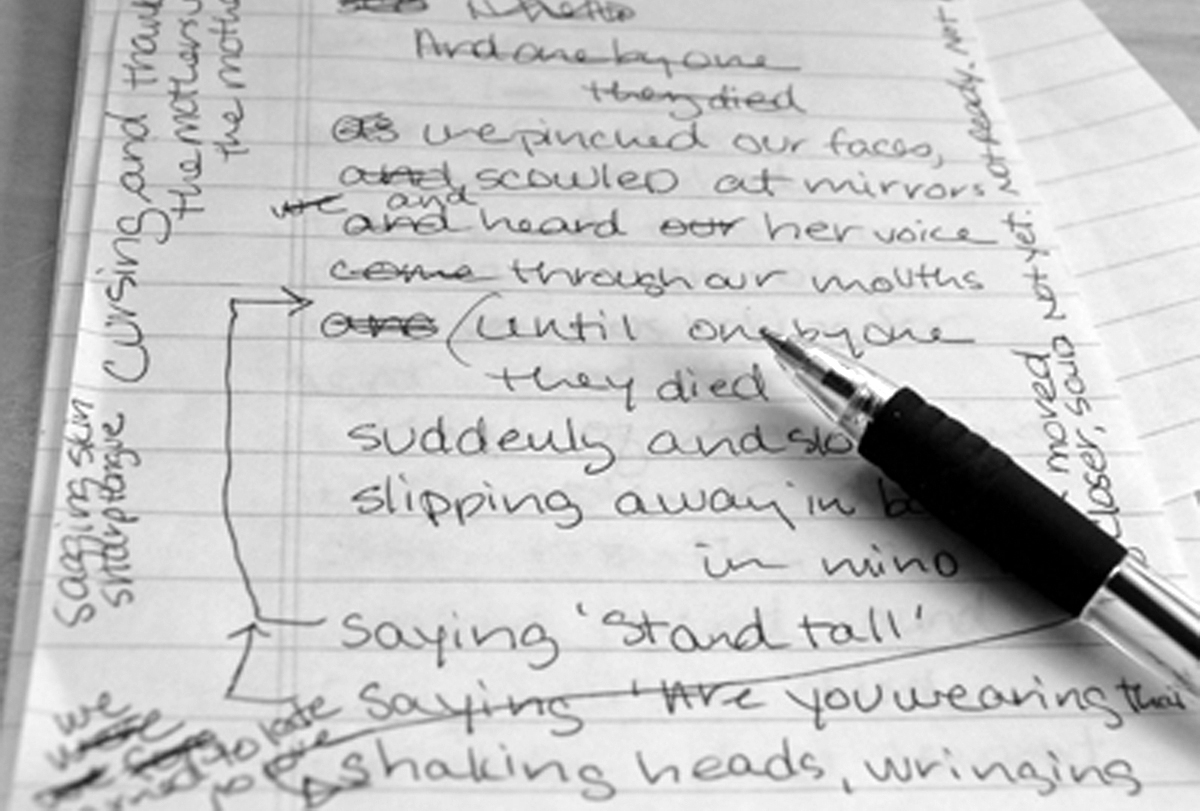1.
It can break your heart how much the smallest moment can matter.
At the nursing home, I stop to chat with Grace. When I give a bright hello she lights up as if she’s been waiting all day for someone to see her. We talk a bit but the conversation gets rocky as she struggles to find words and a sense of time. We traverse a trail — a jumble of cars, a dog, her hair, the pain of a recently trimmed toenail.
I nod along. I've learned to let the conversation wander between past and present. It doesn't matter if the story makes sense, if it's true, if it's today or 20 years ago, just that there's comfort in the telling.
Like a poem, we're not looking for fact. We want music, mood, connection.
2.
A woman visiting her mother overhears our conversation.
I don't know how you do it, she says to me.
Well, I say, shrugging, I'm not a nurse. They do the hard work.
I tell myself I'm removed. That I feel what the nurses can't, because distance is a form of self-preservation. Like I'm compensating.
But it’s not true; we’re all carrying an invisible weight.
3.
Who can describe the weight of love —
late we learn how heavy,
when grief is the flood we float above
and love is the break in the levee.
— excerpt from Weight, by Pat Schneider
4.
Years ago I was given a card with a simple message: Live your poem.
I didn't know what it meant, but liked how it felt.
I have that same feeling today, talking with Grace, who is pleasantly confused. And Addie, who is terrified until you soothe with soft words, your hand in hers. Or Manny with the vacant eyes. Or Florence who sings through her confusion, and Violet who has lost speech but still lifts her brows in animation.
These small moments of pause, of dark and light, I don't know what it means, or if it means anything at all. But I know how it feels — quiet, present, full — like a prayer, like a poem. Like one very small thing of value, of weight.
5.
Presence, writes Maria Popova, is far more intricate and rewarding an art than productivity.
6.
There is, of course, a desire to fix. But most times there is no fix, or none of which I am able. I am weighted with the inability to do anything. I offer no tangible goods. Hold little value, have no weight.
And so, I am a container that accepts, absorbs, fills.
7.
My husband, a good and hardworking man, is a fixer. Houses, cars, hearts — he alters, mends, smooths, and shapes. Everything can be made better, whole.
I envy his urgency and action. With each sad story I bend to hear, my cup fills and overflows, and I think it would be better if I could just act: fix something.
Listening doesn't cure a stroke, restore vision, or heal a break. Empathy is not medicine, and in these dim days my happy hellos can ring hollow. I can't do anything but hold a mood or a moment, and wonder, then, how something so small can weigh so much?
* Names and identifiers have been changed to protect privacy.



